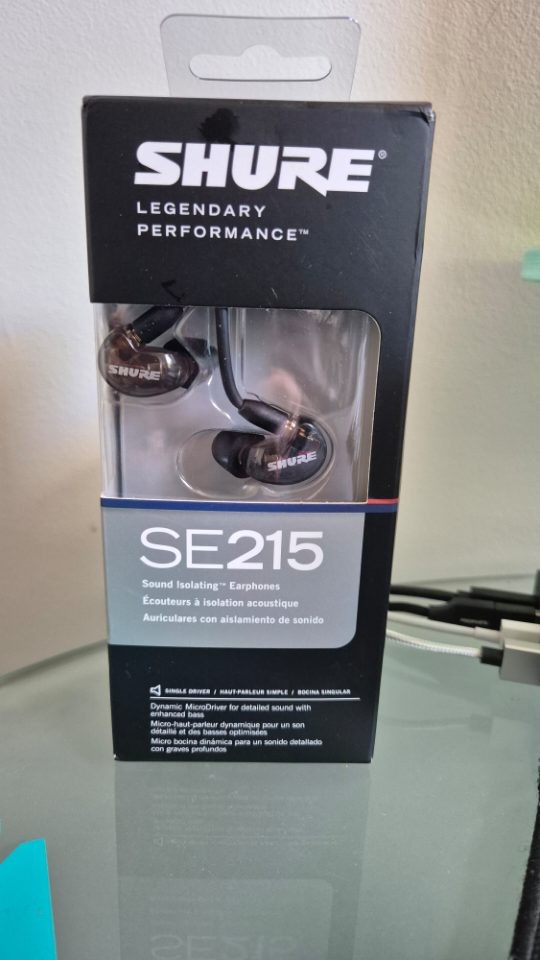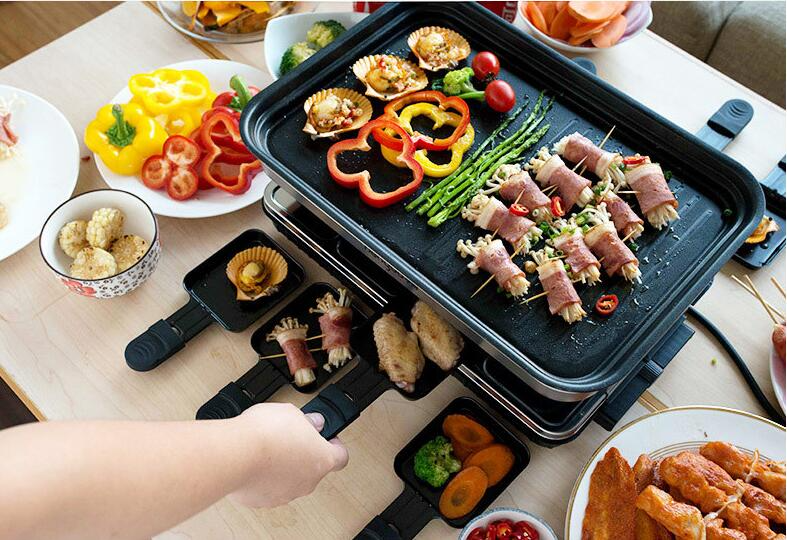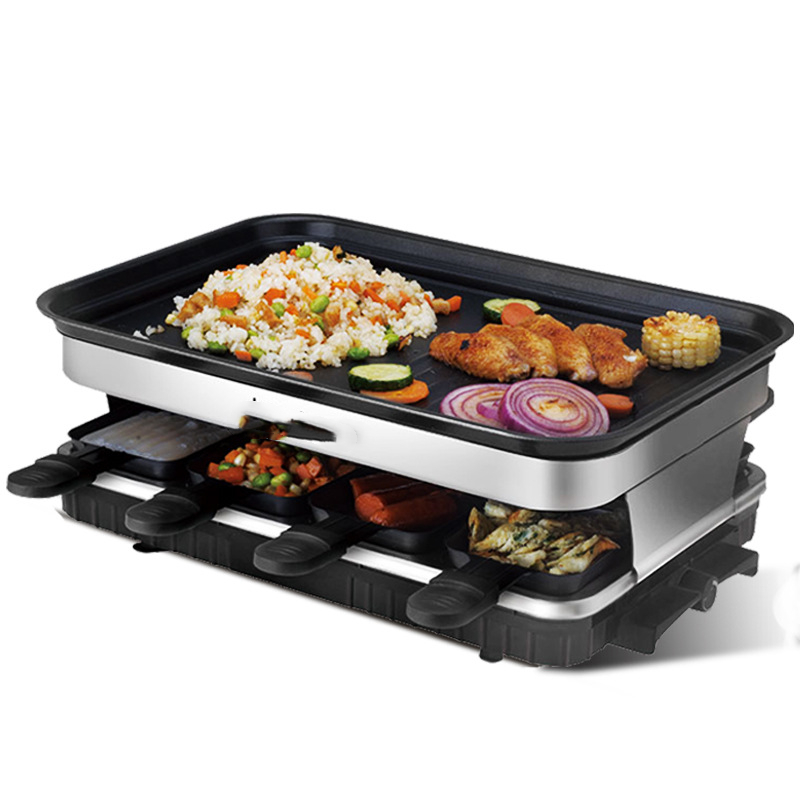




Crankshafts For Automotive Engines
Approx $538.99 USD
Crankshafts for Automotive Engines
Essential Component for Engine Performance
The crankshaft is a critical component in automotive engines, responsible for converting the linear motion of the pistons into rotational motion that drives the wheels. Precision-engineered and built to withstand intense forces, crankshafts play a vital role in ensuring the smooth operation and performance of internal combustion engines. Whether for repair, replacement, or high-performance applications, crankshafts are indispensable in automotive engineering.
Key Features of Automotive Crankshafts
1. High-Strength Materials
Crankshafts are typically made from forged steel, cast iron, or billet steel, providing exceptional durability to withstand high pressures and temperatures within the engine.
2. Precision Engineering
- Balanced Design: Crankshafts are meticulously balanced to minimize vibrations and ensure smooth engine operation.
- Accurate Machining: Features like journals, crankpins, and counterweights are precisely machined for optimal performance.
3. Compatibility
Available in various configurations to suit different engine types:
- Inline Engines: Designed for engines with a linear piston arrangement.
- V-Type Engines: Crankshafts for V6, V8, or V12 engines with a compact and angled cylinder layout.
- Flat Engines: For horizontally opposed cylinder engines, such as in some performance and sports cars.
4. Performance-Optimized Crankshafts
- Aftermarket Options: High-performance crankshafts for racing or modified engines, offering enhanced strength and reduced weight.
- Lightweight Designs: Reduce rotational inertia for faster engine response.
5. Heat Treatment and Coating
Many crankshafts undergo heat treatment and are coated with anti-corrosion materials to enhance durability and longevity.
Functions of a Crankshaft
- Converts Energy: Transforms the up-and-down motion of pistons into rotational energy that powers the drivetrain.
- Distributes Power: Transfers torque to the flywheel, transmission, and eventually the wheels.
- Maintains Engine Balance: Works with counterweights to minimize vibrations and maintain engine stability.
Types of Automotive Crankshafts
1. Cast Crankshafts
- Manufactured using casting methods.
- Cost-effective and suitable for standard passenger vehicles.
- Moderate durability for everyday use.
2. Forged Crankshafts
- Made using forging processes for higher strength and durability.
- Common in high-performance and heavy-duty applications.
3. Billet Crankshafts
- Machined from a single block of high-grade steel or aluminum.
- Ideal for custom or racing applications where precision and strength are paramount.
Applications of Crankshafts
- Standard Passenger Vehicles: For reliable daily driving.
- High-Performance Vehicles: In sports and racing cars where durability and precision are crucial.
- Heavy-Duty Applications: Used in trucks, buses, and industrial engines for enhanced load-bearing capacity.
- Marine and Aviation Engines: Adapted for specific requirements in boats and airplanes.
Maintenance and Replacement
1. Common Signs of Crankshaft Issues
- Engine knocking or unusual vibrations.
- Difficulty starting the engine.
- Loss of power or reduced performance.
- Visible wear, cracks, or scoring on the crankshaft.
2. Inspection and Repairs
- Regular inspection during engine overhauls.
- Address wear on journals or crankpins by grinding and polishing.
- Use of oversized bearings if needed.
3. Replacement
When repair isn’t feasible, replacing the crankshaft with a compatible or upgraded version ensures engine longevity and performance.
Benefits of High-Quality Crankshafts
- Enhanced Engine Efficiency: Improved energy conversion for smoother performance.
- Long-Lasting Durability: Withstands high pressures and wear, reducing maintenance costs.
- Optimized Performance: Supports increased power output in high-performance engines.
- Reduced Vibrations: Balanced designs ensure smooth operation and minimize wear on other engine components.
How to Choose the Right Crankshaft
-
Identify Vehicle Specifications
Match the crankshaft with your engine type, make, and model.
-
Consider Material and Strength
Choose forged or billet crankshafts for high-performance needs.
-
Check for Compatibility
Ensure compatibility with the engine block, bearings, and other components.
-
Opt for Reputable Brands
Select from trusted manufacturers for reliability and quality assurance.
Product information:
Material:Alloy
Packing list:
Engine Crankshaft*1
Product Image:






























.jpg)



























.jpg)








































.jpg)









.jpg)


ulva-Logo.jpg)



